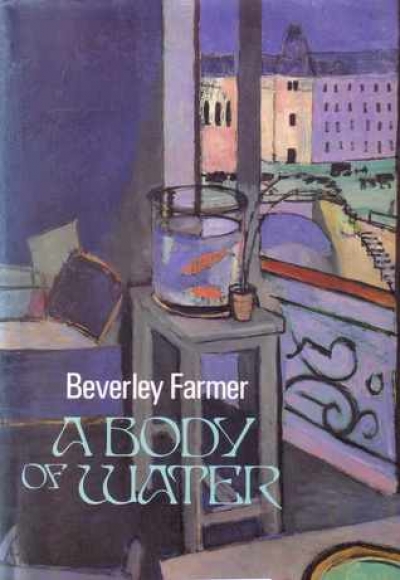Beverley Farmer
Besides a capacity to write well, critics need to be well-informed. I sometimes get exasperated by reviewers without sufficient expertise in the topics they are considering. On the other hand, academic pedantry can also be off-putting, particularly when couched in a clunky style. In general, I’ve found the most memorable pieces to be those which say something about the reviewer as well as the author under review, like portraits which work through a kind of double vision, offering insights into the painter as well as the sitter. There was a very good essay on Les Murray by J.M. Coetzee in the New York Review of Books a few years ago which had this double-edged quality.
... (read more)
Strong-man from Piraeus and other stories by George Johnston and Charmian Clift & The World of Charmian Clift by Charmian Clift
by Beverley Farmer •







